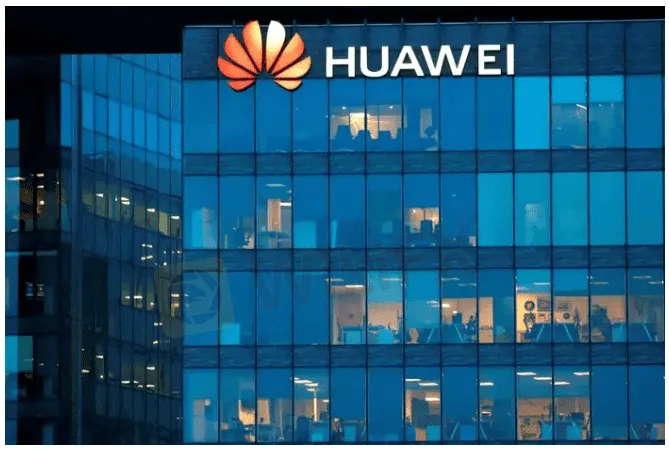简体中文
繁體中文
English
Pусский
日本語
ภาษาไทย
Tiếng Việt
Bahasa Indonesia
Español
हिन्दी
Filippiiniläinen
Français
Deutsch
Português
Türkçe
한국어
العربية
Chinas Huawei posts Q1 revenue drop, says handsets now more available
Abstract:China‘s Huawei Technologies said on Thursday its first-quarter revenues slipped 13.9% from a year earlier, with new business areas yet to reverse the company’s waning fortunes brought about by being placed on a U.S. sanctions blacklist.

The Chinese telecoms giant posted revenue of 131 billion yuan ($19.9 billion) in the first quarter, down from 152.2 billion yuan a year earlier, when it was already registering damage to its once dominant handset business.
The results were in line with forecasts, said Ken Hu, Huaweis rotating chairman.
“Our consumer business was heavily impacted, and our ICT (information and communication technology) infrastructure business experienced steady growth,” Hu said.
In 2019, the United States placed Huawei on an export blacklist barring it from accessing critical technology of U.S. origin, hurting its ability to design chips and source components from outside vendors.
A Huawei spokesperson said the company has taken measures to meet consumer demand for smartphones.
“Consumers can purchase Huawei smartphones more readily now including the latest best-selling models,” such as its flagship P50 and Nova series, the spokesperson said, without giving further details on chip and component supplies.
Huawei held just 6.2% of the China handset market in the first quarter, research firm Counterpoint Research said on Thursday.
The same quarter, Honor, a unit Huawei sold in December 2020, saw its market share rise to 16.9%.
Huaweis first-quarter net profit margin also fell 6.8 percentage points from a year earlier to 4.3%, a drop the company said was due to increased research and development spending and investments in business continuity, as well as the drop in revenue.
The company spent 142.7 billion yuan, or 22.4% of its total revenue, on R&D, it said in its 2021 annual report last month.
Huawei has identified helping businesses to use 5G technology, cloud computing and improving its energy efficiency as ways to bolster revenues, Hu said on Tuesday.
($1 = 6.5890 yuan)

Disclaimer:
The views in this article only represent the author's personal views, and do not constitute investment advice on this platform. This platform does not guarantee the accuracy, completeness and timeliness of the information in the article, and will not be liable for any loss caused by the use of or reliance on the information in the article.
Read more

Justice Served: Illegal Investment Scheme Ends in RM28 Million Repayment
The Kuala Lumpur High Court has ruled that a Singaporean businessman, Chan Cheh Shin, must return RM28 million to 122 Malaysian investors after the court determined that his investment operations were conducted illegally.

RM900,000 Scammed: The Hidden Dangers of Online Investment Schemes
A 53-year-old factory manager from Malaysia has fallen victim to an online investment scam, losing over RM900,000 of her savings. This case underscores the growing threat of online scams preying on unsuspecting individuals.

Tokyo Police Arrest 4 for Unregistered FX Trading Scheme
Four men in Tokyo were arrested for running an unregistered FX trading operation, collecting over ¥1.6 billion from 1,500 investors.

Doo Group Expands Its Operations with CySEC License
Doo Financial, part of Doo Group, receives a CySEC license, allowing FX/CFD services in Europe. This strengthens its global presence and regulatory standards.
WikiFX Broker
Latest News
BSP Shuts Down Uno Forex Over Serious AML Violations
ACY Securities Expands Global Footprint with South Africa Acquisition
Why Even the Highly Educated Fall Victim to Investment Scams?
Warning Against Globalmarketsbull & Cryptclubmarket
Rupee gains against Euro
Tokyo Police Arrest 4 for Unregistered FX Trading Scheme
Axi Bids AUD 52M to Acquire Low-Cost Broker SelfWealth, Outbidding Competitor Bell Financial
Crypto Influencer's Body Found Months After Kidnapping
US Regulators Tighten Oversight on Bank Anti-Money Laundering Efforts
Doo Group Expands Its Operations with CySEC License
Currency Calculator


